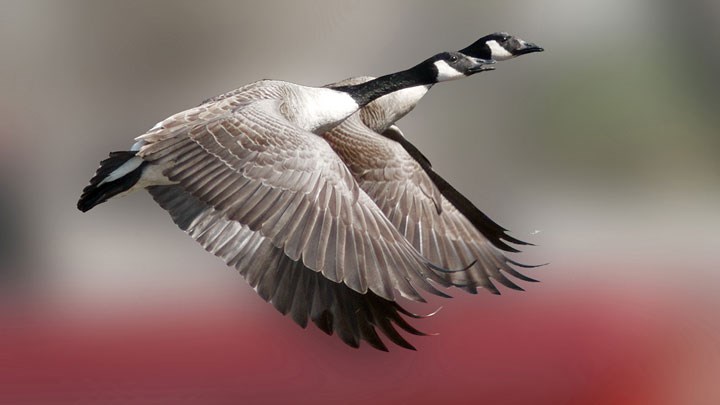
by Cody McLaughlin - Tuesday, September 13, 2022

The Biden administration’s U.S. Department Of Agriculture (USDA) has reversed course yet again after making waves in the hunting community last week with a stunning ban on the importation of hunter-harvested waterfowl, after initially claiming they’d only be banning imports from avian influenza hot spots.
The measure, designed to protect America from the bird flu outbreak occurring in Canada, failed to cite how it would stop 4 billion alive and well birds from simply flying across the border through their normal migration pattern, but that’s neither here nor there.
A Dead-of-Night Decision Reversed
In one of the most aggressive and damning statements on the matter, Ducks Unlimited CEO Adam Putnam said, “Hunters are left to wonder why APHIS would announce such a consequential decision after hours on a holiday weekend, with zero notice or opportunity to be heard from stakeholders. Hunters are justifiably upset by the absence of science and the total lack of transparency around this sweeping regulation that does not appear to have even included the U.S. Fish & Wildlife Service in its development.”
A Canadian Parliamentary Caucus also called on the Secretary of Agriculture to reverse the ban in a letter stating, “This decision will have a severe negative economic impact on tourism, guide and outfitter industries across Canada that are just beginning to recover from the devastating impacts of COVID border restrictions. Not only that, but the announcement was made late on a Friday prior to the Labour Day weekend when many American hunters were already hunting waterfowl in Canada. This has led to questions being raised about the rationale behind this policy change decision.”
Now, in a Sept. 12 statement, the Animal and Plan Health Inspection Service (APHIS, the division of USDA responsible for the ruling) reversed course yet again on the subject (to some degree, at least) by allowing unprocessed wild game to be imported as long as it meets certain conditions (see below).
While that reversal is a win, it still leaves several frustrations for those who would normally have their game processed in-country (and the processors who handle that in Canada), along with those who are seeking to mount their trophy—by requiring “Hunter-harvested wild game bird trophies entering the United States from Canada must be fully finished, or accompanied by a VS import permit, or consigned directly to a USDA Approved Establishment. Hunters may find an approved taxidermy establishment by visiting the Veterinary Services Process Streamlining (VSPS) search page and searching for a taxidermist with the HPAI product code in your state.”
Current Rules
With all APHIS’s flip-flopping, it can be easy to be confused. According to the latest from the agency:
“Unprocessed hunter-harvested wild game bird carcasses, originating from or transiting Canada, must meet following conditions:
APHIS further recommends that boots and any equipment used to process the carcasses should be clean and visibly free from dirt, blood, tissue and feces.
Cooked or cured meat and meat products (for example sausage, jerky, etc.) will not be allowed import as U.S. Fish and Wildlife Service requirements cannot be met to identify the species of wild bird."
Hunters looking for more information should visit the APHIS website at www.aphis.usda.gov
About the Author
Cody McLaughlin is a noted conservationist and conservative thought leader on public policy issues including hunting, fishing, gun rights, free-market tax and wage policy and the environment. He works as a GOP consultant for conservative political causes, managing clients’ digital communications and online presence and as a trustee of the New Jersey Outdoor Alliance, helping to represent the state’s 1.2 million sportsmen in the political arena.
Follow NRA Hunters’ Leadership Forum on Twitter @HuntersLead. https://twitter.com/HuntersLead.
E-mail your comments/questions about this site to:
[email protected]
